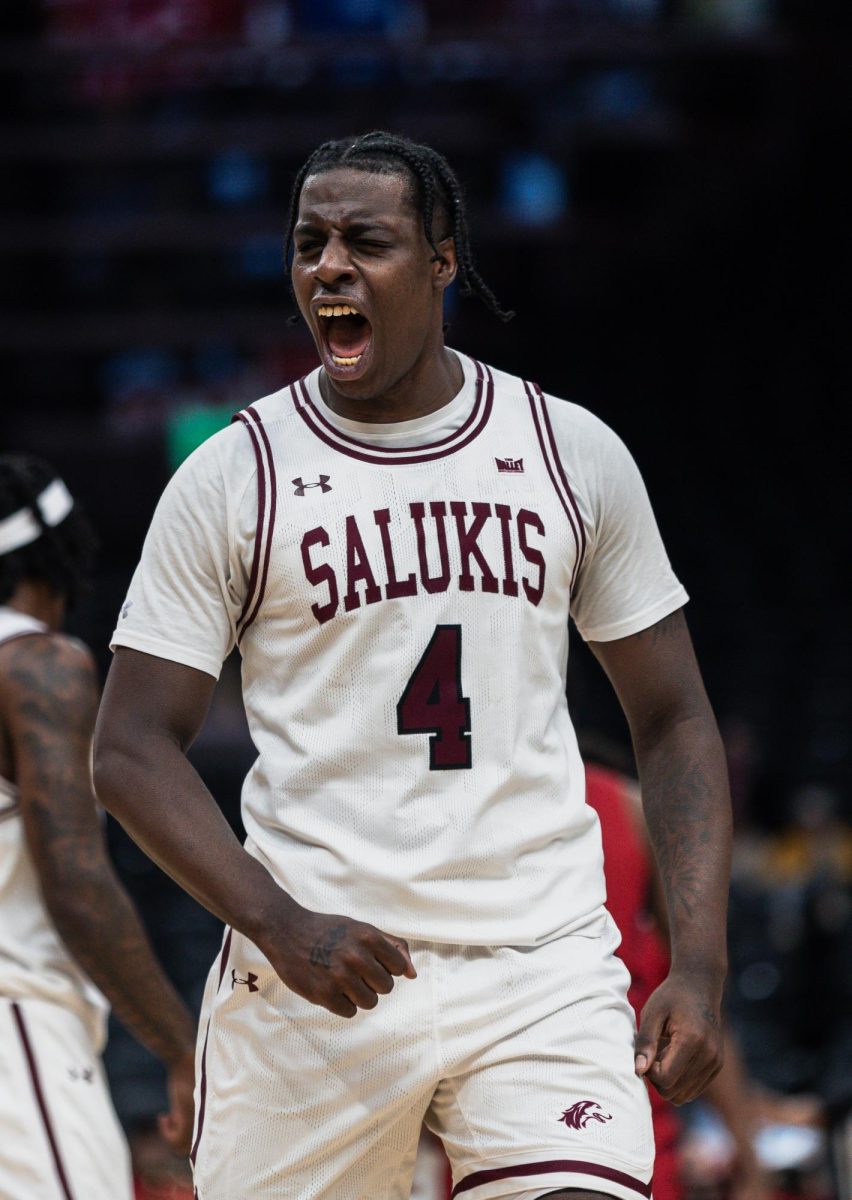Proposed advisement changes mean more faculty advisers, fewer academic advisers
January 30, 2012
The university is considering a change to the advisement system that would shift advisement duties from academic advisers to faculty members who would mentor students.
Provost John Nicklow announced the change to faculty in an email Jan. 25. Administrators said they are not sure when the change will be implemented.
Lynn Freeman, an academic advising consultant, was hired by the university last July to assess the advisement program. She submitted a report recommending a centralized advisement system, including the use of faculty advisers and an advisory council.
Advertisement
According to Freeman’s report, “The delivery is a mix of several models, which is chaotic and confusing for students, advisers and faculty and it creates a silo culture, which has in turn created and continues to perpetuate several of the key challenges for SIU advising.”
Freeman’s report stated 55 percent of students change majors in their first or second year at a four-year university.
Tamora Workman, director of transfer student services, said each college has a unique advisement system, and the students who decide to change majors often experience confusion.
“All of a sudden they have a new set of rules,” she said. “There should be many aspects that are consistent regardless of what college you’re in.”
Under the new plan, an advisory council from University College will be expanded to provide advisement for students with fewer than 30 credits. University College will also advise students with more than 30 credits who are undecided or have changed majors.
Workman said the university is collecting nominations from the colleges for participants in the advisory council. The council will consist of 12 to 18 members with representatives from each college as well as core function areas. Workman said the council would then establish priorities.
“The point of the council is … when a need is identified, these folks can make decisions and find solutions, and it is a matter that involves academic policy change,” she said. “The council can make that recommendation to the provost, so that we can find solutions to the problems and not continue to pass the problem around semester to semester.”
Advertisement*
Once a student has taken 30 credit hours and declares a major, faculty will advise him or her.
“Major advising, or mentoring, is the strength of faculty advisers. It focuses on the later part of the student’s academic experience,” Freeman’s report stated.
Workman said she thinks a faculty member would have the most impact on a senior student, and faculty advisement would not be as effective with a freshman because they may still be exploring what major to declare.
The agriculture department already uses a system with faculty advisers.
Charlotte Sarao, assistant to the dean of the college of agricultural sciences, said she thinks the system is extremely effective.
“(The faculty advisers) serve as mentors to our students,” she said.
Thomas Marten, a senior from Raymond studying agricultural systems, said he thinks the faculty advisement system is a great resource, and one of the reasons he was attracted to SIUC.
“Am I going to be under someone who’s familiar with my field or am I going to be with someone who advises everyone?” he said. “I wish it was something that we had everywhere on campus.”
Jack Young, academic adviser of the school of journalism, said he doesn’t like the idea of using faculty advisers and thinks the university should consider different models for the advisement system.
“I think forcing them into a situation where they have to deal with students’ requirements, especially in departments that have some pretty tricky ones, I think that’s going to take time away from them to be able to mentor,” he said. “I don’t see how that benefits the students or the faculty.”
Young said he worries about what the new model will mean for the current academic advisers.
“Under the idea that you’re working at a 250 or 350 per student adviser ratio, the way my numbers break down … it would seem like that would reduce the need for advisers to about eleven to twelve,” he said.
Young said he is concerned having faculty advisers will present conflicts of interest.
“They would be advising students on classes,” he said. “They would be able to see their transcripts, and these could be people they have in their own classes. They would be able to see if a student needed a C in their class to graduate, when the state is putting more pressure on the universities to raise graduation rates. We need these things to get funding.”
Advertisement







